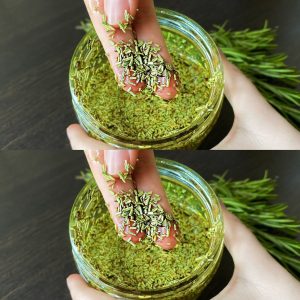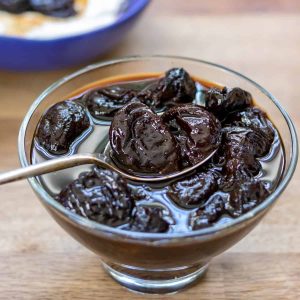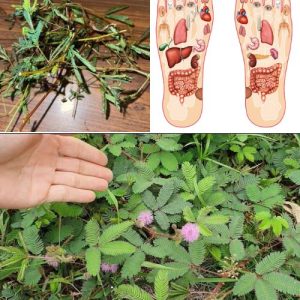
Introduction Maintaining good health includes being vigilant about potential parasites that can disrupt our well-being. Thankfully, nature offers several herbs reputed for their anti-parasitic properties. While medical treatment should always be your first recourse for health concerns, incorporating certain herbs into your diet might support your body’s natural defenses against parasites. Here’s a look at five herbs that are believed to help in this area.
1. Garlic Garlic is not just for adding flavor to your favorite dishes; it’s also known for its powerful anti-parasitic effects. Allicin, the active compound in garlic, is thought to help fight off a variety of organisms. Including fresh garlic in your meals can boost your immune system and may act against parasites.
2. Wormwood Traditionally used in the treatment of stomach ailments, wormwood is particularly noted for its effectiveness against worm infections. It can be taken as a tea or supplement. However, due to its potent nature, it is crucial to adhere to recommended doses to avoid potential side effects.
3. Black Walnut Black walnut hulls have a history of being used as a natural remedy against intestinal parasites. They contain juglone, a compound believed to have anti-parasitic actions. Black walnut is commonly available in extract or capsule form.
4. Clove Known for its eugenol content, clove is a powerful herb that has been used to destroy parasitic eggs and larvae. Its antimicrobial properties help in reducing the spread of parasitic infection within the body. Cloves can be used in ground form in cooking or as an oil in diluted form.
5. Oregano Oregano is more than just an Italian seasoning. The oil of oregano, which can be diluted and taken in capsule form, is known for its antiviral, antibacterial, and anti-parasitic properties. It’s especially useful in combating microbes in the digestive tract.
Conclusion While these herbs are known for their potential anti-parasitic benefits, it’s essential to use them with caution. Always consult with a healthcare provider before starting any new treatment, especially if you have existing health conditions or are currently taking other medications. Remember, these herbs are not a substitute for professional medical treatment but may support overall health as part of a balanced lifestyle.





